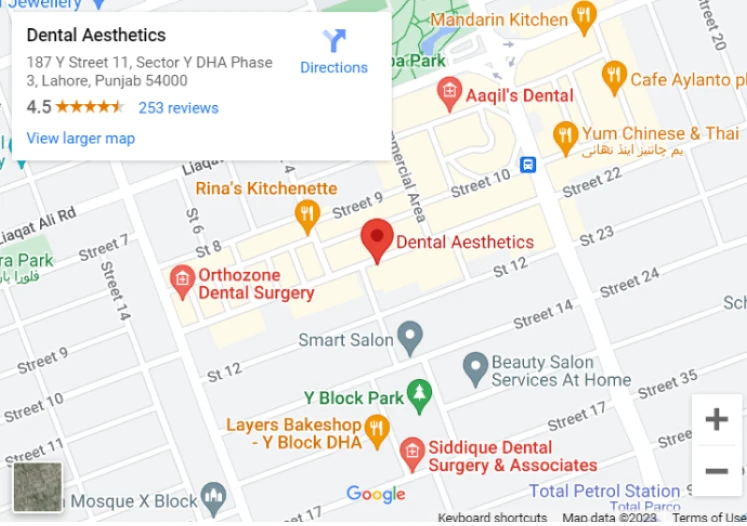Dental cleaning is part of healthy hygiene. Teeth scaling helps the patients avoid excessive buildup of plaque. Most dentists prefer routine teeth scaling sessions. If your dentist is suggesting teeth scaling and polishing, you should know how it is beneficial for your overall health.

What is Teeth Scaling?
Dentists routinely suggest teeth scaling to their patients with gum related issues. The teeth scaling and polishing removes the buildup of plaque under the gumline. This process is also known as a deep dental cleaning. The process of teeth scaling is way more effective than your annual visit and regular checkup.
When Should a Patient opt for Teeth Scaling?
Every patient faces the problem of plaque buildup at some point in their lives. Your teeth remain covered by a thin layer made up of proteins, bacteria, and saliva. Once we eat, the tiny food particles, sugars, and acids from our food stick to this thin film, thus creating a buildup.
Besides the buildup, it is also not good for the oral hygiene. The buildup of this plaque can cause tooth decay and gum disease. You can prevent this buildup from accumulating with regular dental cleaning, flossing, and brushing.
If you maintain a good oral hygiene, the tissue will tightly find around your tooth, keeping the plaque out. However, if a patient starts to see plaque buildup, it will loosen the tissue around. Gum disease tends to develop deeper pockets below the gumline. These pockets can start filling with plaque, causing serious problems with symptoms like bad breath.
A patient with pockets of 4 millimeters or more is asked to undergo teeth scaling. Dental cleaning can greatly help reduce the plaque deposited below your gumline.
Procedure for Teeth Scaling and Polishing
The dentist carefully removes the deposit of the plaque bacteria below the tooth surface. The dentist may choose between two methods of teeth scaling.

In the first method, the dentist may use handheld instruments for scraping the plaque with metal tools like curette and dental scaler. The dentist will insert this thin tool beneath the patient’s gumline where your regular toothbrush cannot reach.
In the second method for teeth scaling, your dentist may rely upon an ultrasonic instrument for scaling your teeth. It involves the use of a vibrating metal tip with a cool water spray. The vibrating metallic tip of this instrument chips away the tartar.
What Does the Patient Feeling After Teeth Scaling?

After undergoing teeth scaling and polishing, the patient’s mouth will become a bit more sensitive and sore. Some patients may also have swelling or bleeding after the procedure. In most cases, the dentist asks the patient to use a desensitizing toothpaste. The use of this desensitizing toothpaste helps the patient ease their discomfort. In some cases, the dentist may also recommend the use of a prescription mouthwash. The use of the prescription mouthwash will help you keep your gums clean. Once you undergo dental cleaning, you need to adopt flossing and proper brushing to avoid buildup of the plaque in the future.
In most cases, the dentist schedules a second visit for the patient to examine the patient’s gums and measure the depth of the gum pockets.




